We're Creating A
Mentally Healthy
World, Together
Historically, people with depression have been misunderstood, unsupported, and haven't had access to the help they need to get better. But - with your help! - our work is changing that.




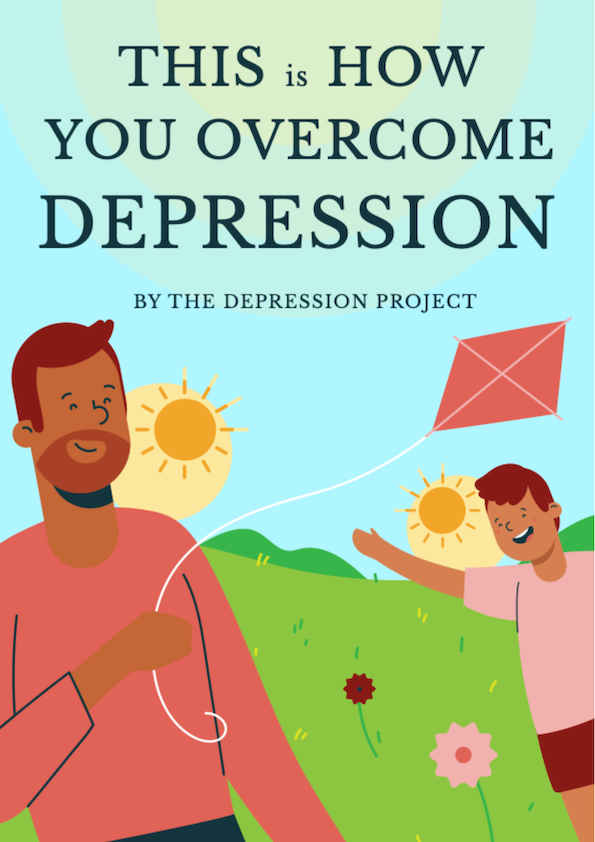
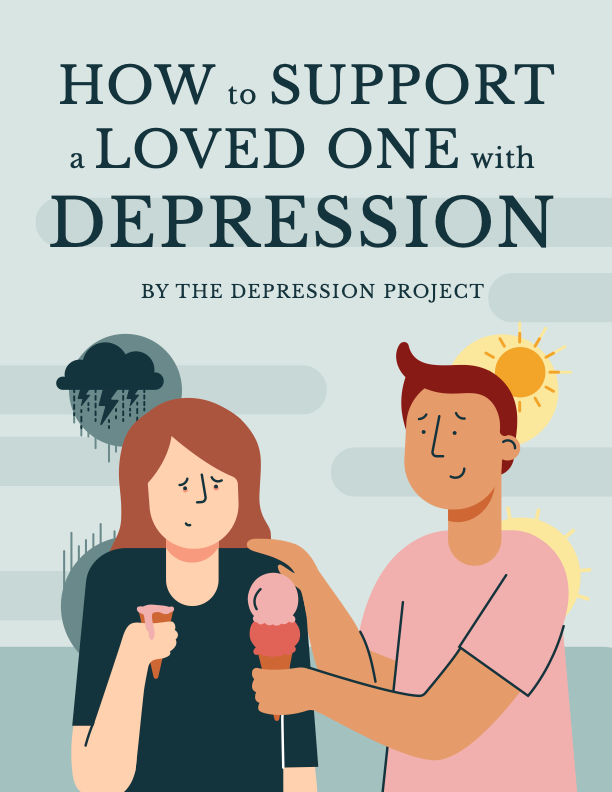
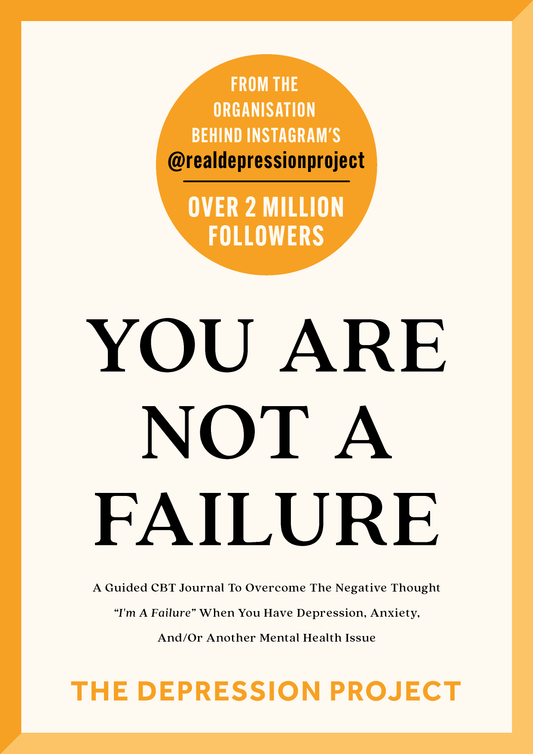 You Are Not A Failure
You Are Not A Failure
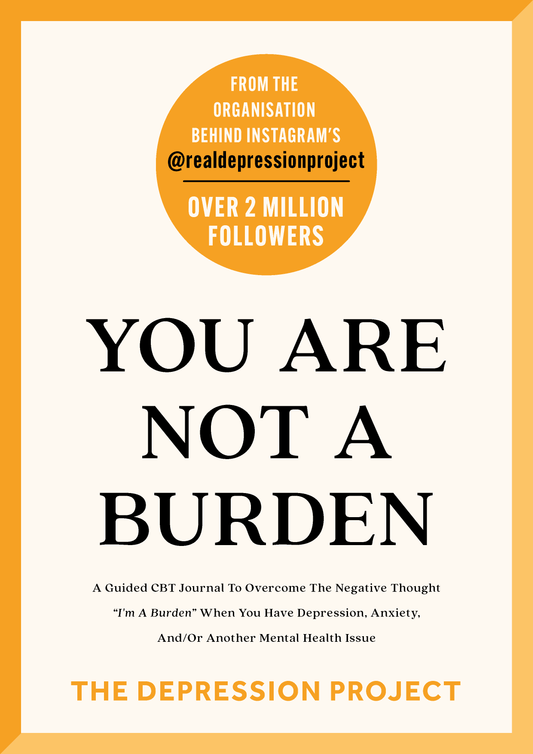 You Are Not A Burden
You Are Not A Burden
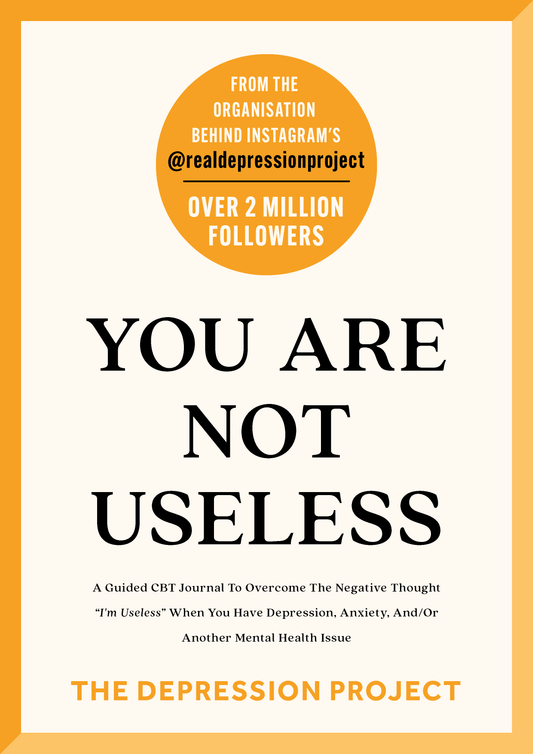 You Are Not Useless
You Are Not Useless
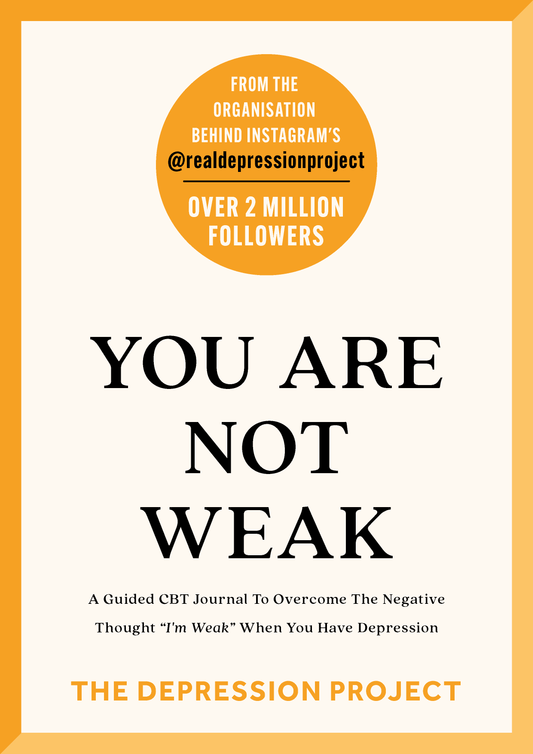 You Are Not Weak
You Are Not Weak
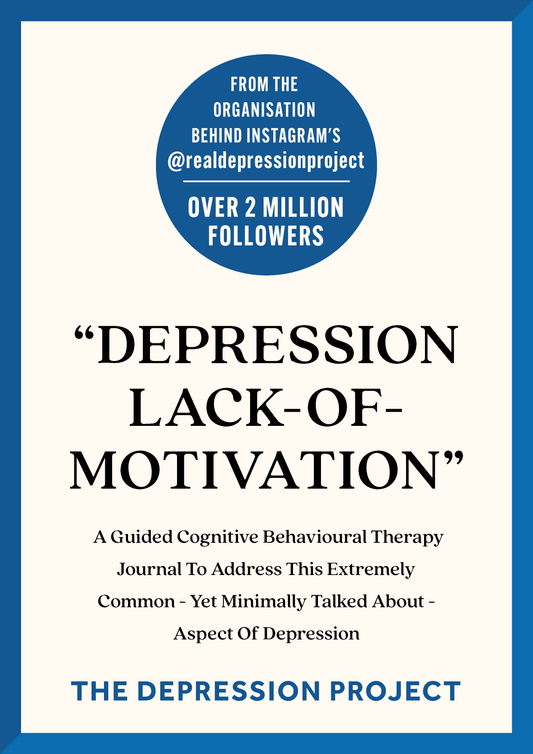 The "Depression Lack-Of-Motivation" Journal
The "Depression Lack-Of-Motivation" Journal
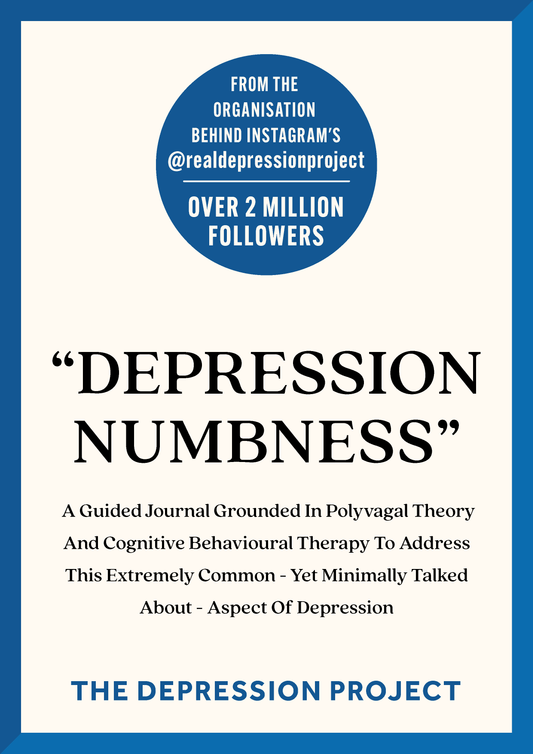 The "Depression Numbness" Journal
The "Depression Numbness" Journal
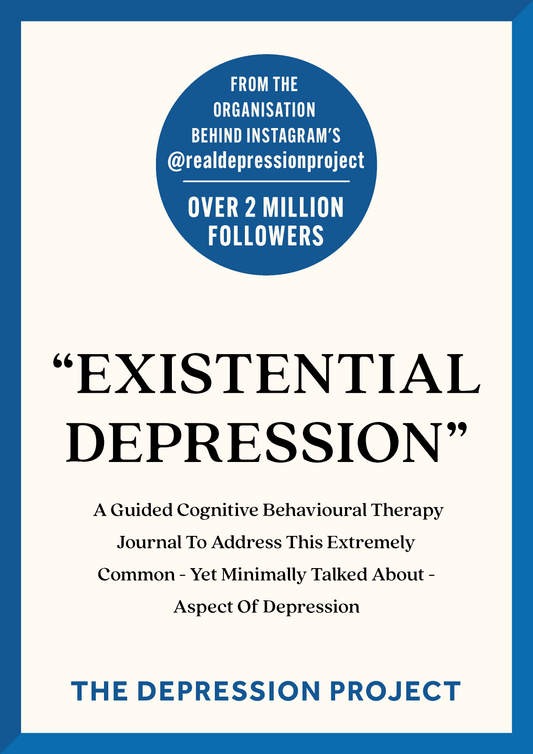 The "Existential Depression" Journal
The "Existential Depression" Journal
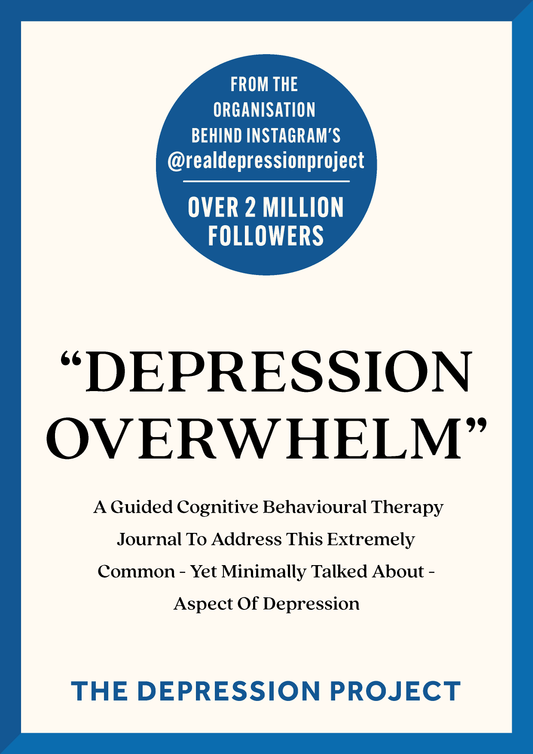 The "Depression Overwhelm" Journal
The "Depression Overwhelm" Journal
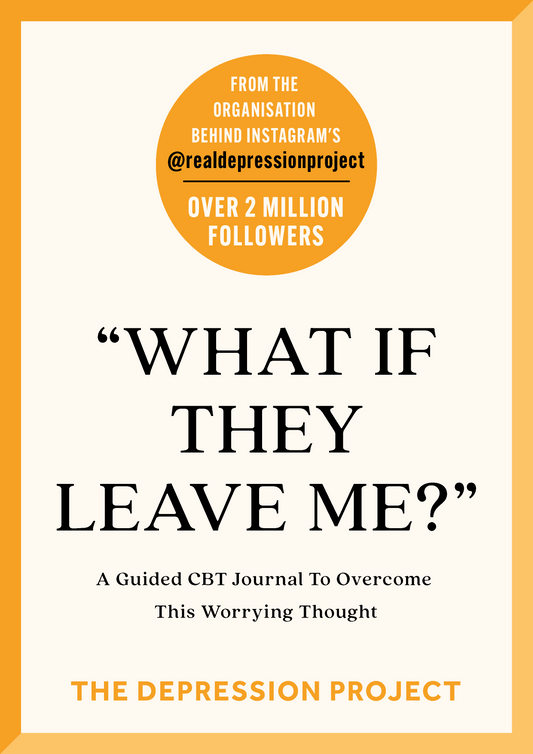 "What If They Leave Me?"
"What If They Leave Me?"
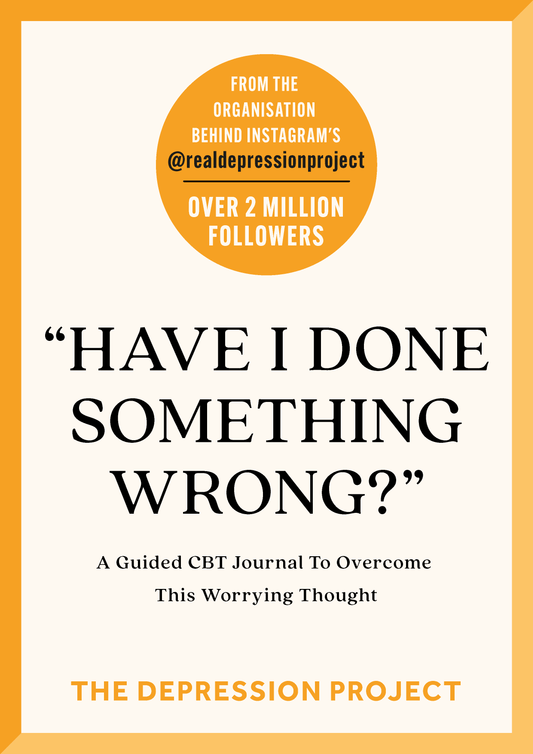 "Have I Done Something Wrong?"
"Have I Done Something Wrong?"
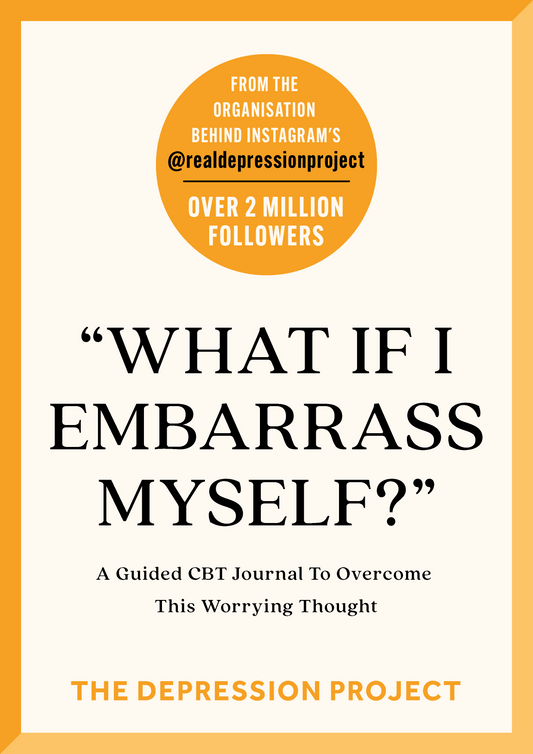 "What If I Embarrass Myself?"
"What If I Embarrass Myself?"
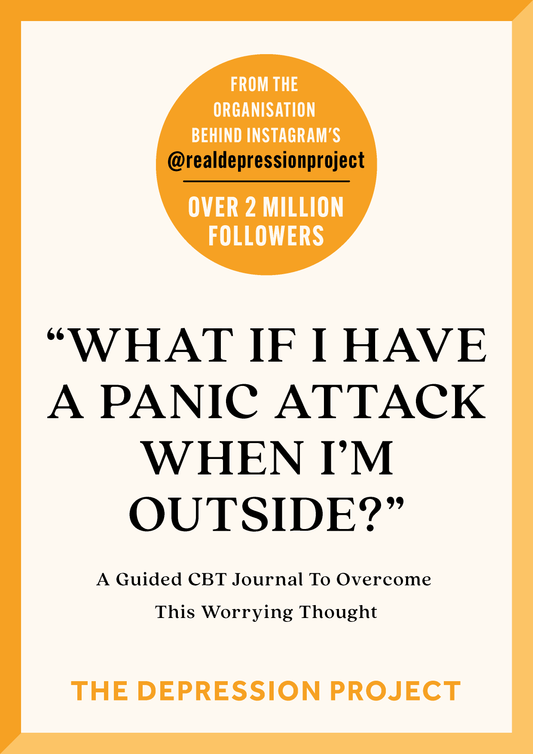 "What If I Have A Panic Attack When I'm Outside?"
"What If I Have A Panic Attack When I'm Outside?"